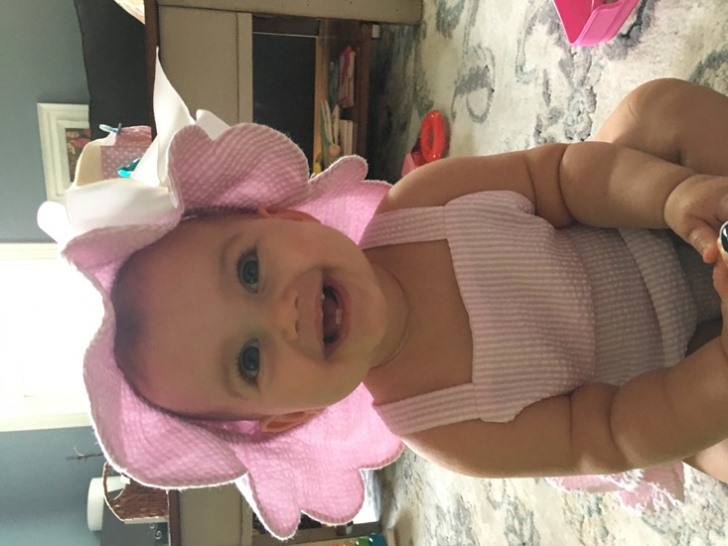Substance Exposed Newborns and the Option of Adoption
As we all grapple with the opiate crisis, the resulting increase in substance exposed newborns and the need to make Plans for Safe Care for these babies pursuant to the Comprehensive Addiction and Recovery Act of 2016, we wish to collaborate with health professionals and be part of the solution. Bright Futures Adoption Center is a contracted provider to the Department of Children and Families (DCF) and we have extensive experience working closely and collaboratively with DCF. Although hospitals are mandated to file a 51A report with DCF when a child is born substance exposed, their parent(s) still have choices and it can be important that they receive information about the option of adoption before DCF seeks emergency custody of the child. (Click here for Parenting Options to share with parents of SEN babies.) Since SEN babies are often in the hospital for a few days/weeks, there is time to have this discussion with the child’s parents before there is a need for protective concern. In our experience with DCF, if DCF knows that parents are considering adoption, they will hold off taking custody of the child until parents make this decision (see below).
Benefits For Parents Considering Adoption
- Empowers parents to make the most important parenting decision there is — instead of having it made for them — who is going to parent their child?
- Counseling, support and time to learn about the option of adoption before DCF becomes involved.
- Opportunity to consider what parenting involves and, if making an adoption plan, the opportunity to select an adoptive family from a diverse pool of families.
- If making an adoption plan, the opportunity to meet and establish a relationship with the adoptive parents and create a plan for ongoing contact (photos, gifts, visits etc.).
Benefits Of Adoption For Substance Exposed Newborns
- Adoption keeps the child out of the foster care system and establishes permanency for the child more quickly.
- The adoptive parents can begin caring for and bonding with the child immediately if this is what the birth parents wish, which is particularly important for SEN babies.
- The child will have the opportunity to have ongoing contact with safe members of their birth family so that they know where they came from and have access to ongoing information about their birth family lifelong.

Next Steps if a Parent with a Substance Exposed Newborn is Interested in Considering Making a Voluntary Adoption Plan?
The parent should call or meet with Bright Futures as soon as possible so that they can begin to learn more about adoption and we can procure the documentation necessary to protect their right to consider adoption. We are available to come to hospitals to meet with parents who have recently delivered.
If the child is already born, we have parents sign a Voluntary Placement Agreement that places the child into the temporary legal custody of Bright Futures. The hospital can then provide our contact information and the signed Voluntary Placement Agreement to DCF with the 51A so that DCF knows that the child is not in need of emergency protection. This document is revocable at any time by the parent, so they are not committing to adoption.
Bright Futures will speak with the DCF intake worker/supervisor and explain the situation. Typically DCF will keep the 51A open until such time as the parent(s) makes a decision about whether they wish to pursue adoption. If at any point, the parent(s) decides that they do not wish to make an adoption plan, Bright Futures will notify DCF and file its own 51A if necessary to allow DCF to continue their investigation and take custody of the baby (so the baby is never at risk).
As long as the Voluntary Placement Agreement remains in place, the hospital would discharge the baby to Bright Futures. If the parents have decided that they wish to make an adoption plan, we can place the baby directly with the adoptive parents. If the parents are still considering their options, we offer interim care for babies in homes that have been licensed solely for this purpose. During the time that the baby is in interim care, the parents can visit the baby and have information about how the baby is doing. This means that the parents can take the time they need to make the best decision for themselves and their child.